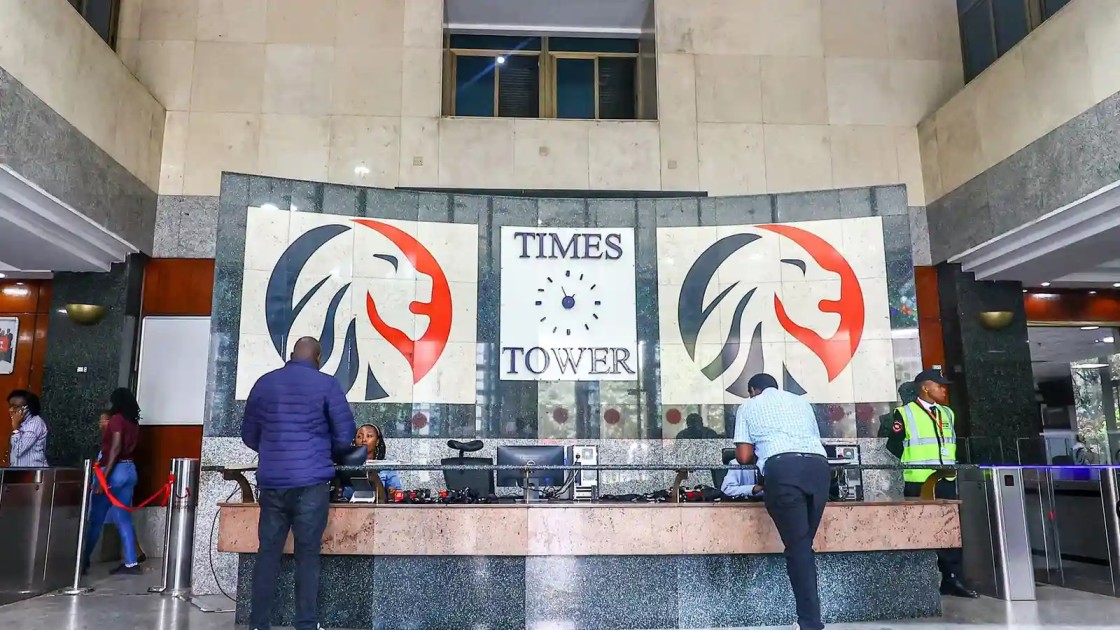The Kenya Revenue Authority has collected Sh2.3 billion from 454 international digital service providers without local offices by the end of August, as the government intensifies efforts to tax the fast-expanding digital economy.
According to KRA, the bulk of the collections came from the Digital Service Tax (DST), which was introduced in June 2020 at 1.5 percent of gross turnover before being replaced by the Significant Economic Presence (SEP) Tax.
Data from the authority shows that about Sh300 million was collected under the SEP Tax, which took effect last December.
Nickson Omondi, manager in charge of KRA’s Digital Economy-Tax office, said companies that had registered under DST automatically moved to the SEP framework.
“Taxpayers automatically transitioned (from DST to SEP),” said Omondi, adding that the taxes applied to services such as downloading, streaming platforms, about eight software firms, and security software providers.
Treasury Cabinet Secretary John Mbadi has already published SEP regulations for public consultation, with the new rules expected to take effect six months after gazettement.
Kenya first attempted to impose taxes on online platforms in 2019, though the term “digital service tax” was not explicitly mentioned in the Finance Act of that year.
DST was formally implemented in 2020, but a year later, Kenyan residents were exempted from it. Under the new SEP model, tax is charged at 30 percent of a deemed profit equal to 10 percent of gross turnover, effectively translating into three percent of total earnings made in Kenya’s digital space.
Multinationals, including Amazon, Microsoft, Netflix, Facebook, and Alibaba are among those subject to the tax. They provide services in Kenya through the Internet without maintaining a permanent establishment, which previously exempted them from paying income tax under existing rules.
Kenya is currently ranked as the third-largest e-commerce hub in Africa, after South Africa and Nigeria, according to data from the United Nations Conference on Trade and Development.
Ride-hailing operators such as Uber and Bolt, along with streaming service Netflix, are already among companies paying SEP as more Kenyans consume digital services.
The draft regulations further propose that foreign tech firms open accounts with local banks to access tax refunds in cases of overpayment when exiting the market. Authorities argue that this will resolve the present challenge where such companies have no mechanism to claim back excess payments.
